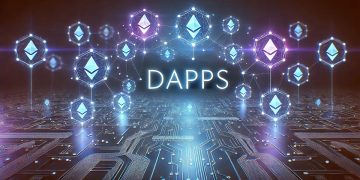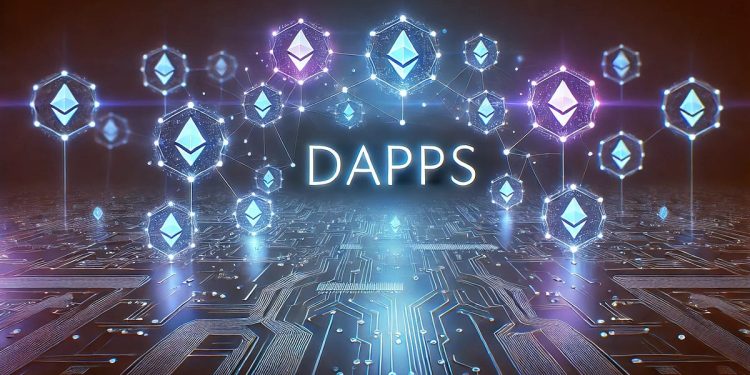This guide focuses on decentralised applications running on blockchain networks. However, this concept predates today’s leading blockchains. Both BitTorrent and The Onion Router (TOR) are early examples of decentralised applications.
In the mid-1980s, John Gage of Sun Microsystems coined the slogan ‘the network is the computer.’ This slogan aptly describes the world of decentralised applications.
Decades later, Ethereum was launched in 2015. The project received the nickname ‘World Computer,’ describing Ethereum’s ability to host applications on its worldwide, decentralised network.
Ethereum introduced the world to smart contracts at scale. These smart contracts act as conditional keys.
Smart contracts can act on information from within the network. Or they can act on data from outside the network through the use of oracles. Smart contracts can also create powerful decentralised applications. They interact with other smart contracts. They interact with different smart contracts, from decentralised finance (DeFi) to web3 games to social media.











